The venerable Mavalli Tiffin Rooms, pure vegetarian, would blanch at the thought that their name, an institution in the Indian culinary world, carries shades of the British Raj. But Hobson – Jobson, the dictionary of Anglo-Indian terms declares firmly, that ‘tiffin’ is derived from the obscure old English verb, ‘to tiff’, meaning to eat lightly, which suggests that this most Indian of words, is not Indian at all. The English colloquial or slang term, “tiffing”, which referred to eating or drinking out of meal times, and the gently corrupted version, “tiffany’s”, blissfully unaware of this ancestry, is painted across all those familiar signs dotting the countryside, so comforting to famished travellers – “Meals and Tiffins Ready”.
It’s difficult to trace the early usage of the word tiffin, but the Indian version was current as early as 1807, Hobson –Jobson quoting Cordiner’s Ceylon that :“Many persons are in the habit of sitting down to a repast at 1 ‘o’ clock, which is called tiffin, and is in fact an early dinner”. Tiffins during the Raj were generally taken at noon, and sometimes sent to the Sahib’s office through a bearer, replacing the gargantuan, leaden luncheons the British were accustomed to eating in England, a practice they soon discovered to be entirely unsuitable in the Indian climate. The memsahib made efforts to lighten menus, with some help from local cooks- Eshepard’s Pie; the remains of the roast from dinner; pickles and salads; ham in gin, and Estarfegs (stuffed eggs!), were some of the stars of the British Raj tiffin.
It was not long before tiffin, and dabba, or lunchbox became synonymous and, as the concept gained currency, the most perfectly designed of food carriers materialized. Neat, round containers, stacked symmetrically, locked together with a clasp that held the tiers in place, turning smoothly into a handle. Once packed into the tiffin carrier, the food was secure over the bumpiest of roads and lurching railway journeys, without spilling, or the contents being mixed up. Since tiffin implied eating away from home- at work, school, picnics and journeys- the tiffin carrier was an ingenious invention, full of cunning little additions to add a dash of comfort to a meal eaten away from home. Brass carriers were fitted with a deeply rounded spoon that doubled as a latch, locking the carrier into place. Railway tiffin carriers were intricate works of engineering, with sections that turned into water pots, and lids that served as bases to hold dishes steady in a rocking train, and others had a provision to reheat food, by placing hot coals in the bottom tier. Some of the most elegant tiffin carriers came from the Chettiar community. With trading links with Burma, Malaysia and China, they brought back works of art – black lacquer lined with cinnabar red, or delicately painted in gold with Chinese figures and calligraphy. With their passion for collectibles, the Chettiars commissioned tiffin carriers in Swedish enamelware, the pale pastels reflecting Scandinavian tastes.
Tiffins are everywhere. So familiar, that we hardly give them a second glance, they sail past on the handlebars of bicycles in huge clusters, smaller, two –tiered ones, packed with the dreams of hungry schoolchildren, eagerly awaited, opened, savoured and, sometimes part of a complex barter system. Most of us have memories of trading our lunches for food more exotic than our own – a good tiffin cements friendships better than anything else on a school playground. Mumbai dabbawallahs have become a modern icon of efficiency and tenacity, delivering home cooked meals through an intricate chain linking home and office. That simple box of stacked stainless steel breaks the tedium of a day at work with a whiff of the familiar comfort and flavours of a home cooked meal, and its contents can tell you more about a person than hours of polite conversation. Regional variations in masalas, seasonings, personal preferences and prejudices are all packed into those smooth, shining interiors.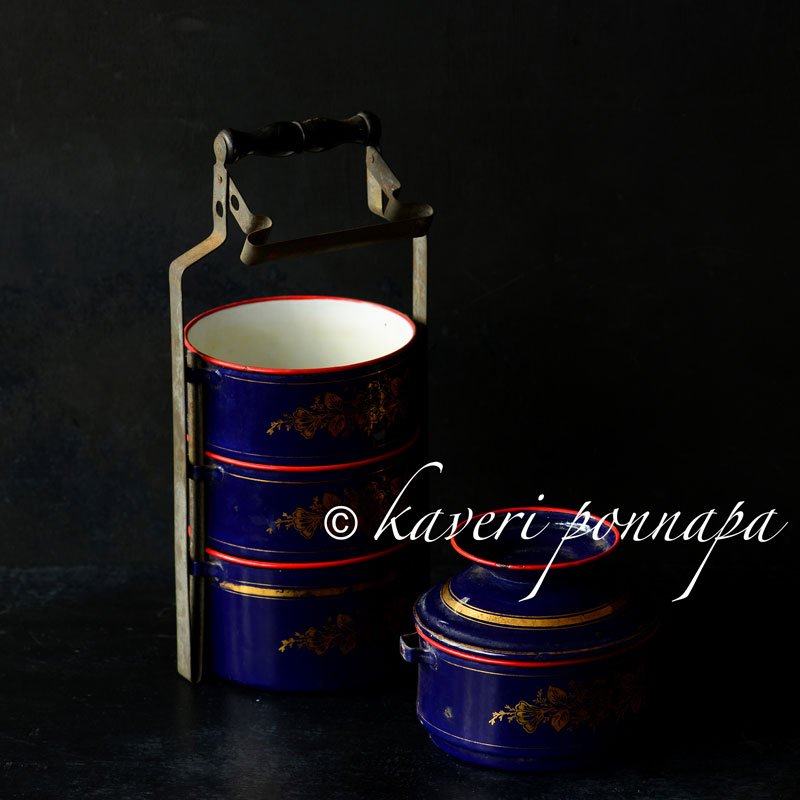
Inspired by the tiffin story that has been part of Indian culinary history for two centuries, Karavalli’s Chef Naren Thimmiah has recently transformed this pedestrian, but much loved tradition into a stunning dining experience. Office goers in Kerala, Mangalore and Goa, Thimmiah observes, all set out to work carrying a home cooked meal, which they invariably share with friends and colleagues at work. He has re-interpreted this, and presented “Tiffins for Two”, a collection of compact, beautifully balanced menus, which arrive at the table in gleaming brass tiffin carriers. The luxury of the entire Karavalli experience is condensed into these menus, so that what you have is an easy sampling, to avoid the weighty thali experience that leaves you incapable of anything more strenuous than a siesta after you have worked your way through it. Lightness, the essence of the tiffin, has been captured to perfection. With four menus each for vegetarian and non-vegetarian, the choices are very generous, with a sliver of dessert ending each meal.
A weekday afternoon is a perfect time to put Naren Thimmiah’s tiffin to the test. Two tiffins carriers are opened with a flourish and what follows is a truly memorable experience. There is an immediate sense of warmth created by the intimacy of a shared tiffin, an indescribable feeling, a suggestion of each one of us having brought a special dish along to share with a friend, which pervades the table, as we help ourselves and pass the open containers around. Pomfret Pollichattu in a spicy red masala wrapped in a banana leaf, eaten dozens of times, somehow never tasted so good before. We wend our way through starters with Koli barthad, crunchy cashew nut pakoras, and Goan fish roast. Somehow, informality seeps into the afternoon, everyone sampling from each others plates, abandoning cutlery as a tart Goan Fish curry with red rice beckons, and a succulent mushroom chili fry, with a hint of kokum to surprise the senses demands to be shared and exclaimed over. Avails, and fat double beans in the avarekai masala wait their turn confidently, refusing to be eclipsed by all the seafood on the table. Malabar parathas and neer dosas emerge to soak up curries. Dark, shiny squares of dodhol, faintly smoky, made with the strength and depth of black jaggery melt in the mouth towards the end of the meal. The atmosphere is relaxed, and nostalgia lies just below the surface, a hint of long, slow railway journeys, picnics, and forgotten friends and places.
Tiffins for Two is brilliantly versatile idea, lending itself to a lazy afternoon with friends, a quick gourmet meal, or the best of Karavalli presented to business associates, right in your boardroom, in true Indian style, with minimum fuss. It’s definitely tiffin time, at Karavalli.
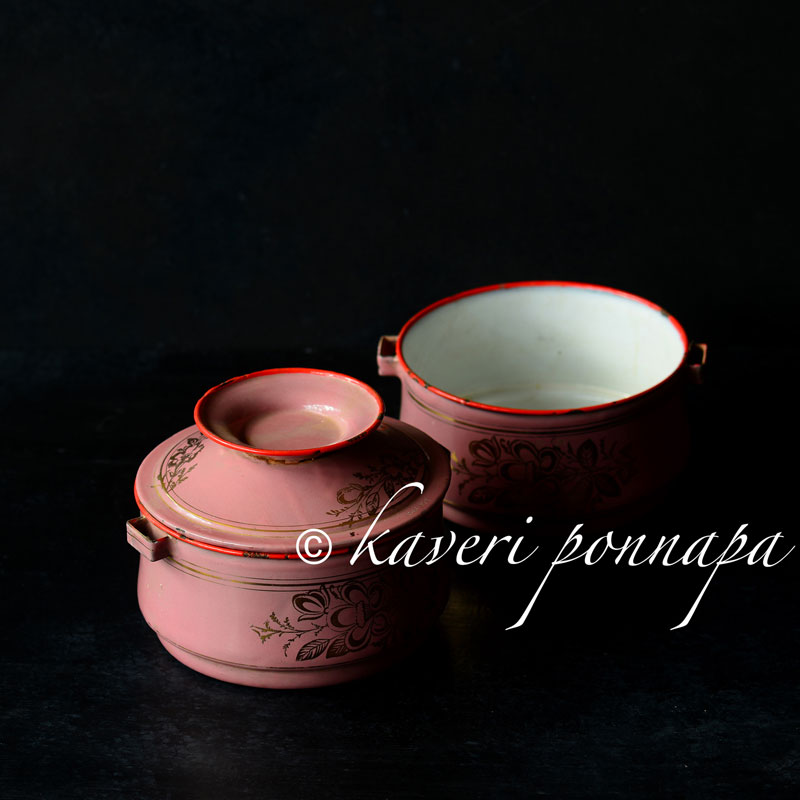
Tiffin Trivia
-
- The dabbawallahs of Mumbai collect lunchboxes from all over the suburbs, which are numbered, coded, loaded onto pushcarts, then onto special carriages on local trains, unloaded at designated stops, and delivered to offices in time for lunch.
The Nutan Mumbai Tiffin Box Suppliers Trust has set up computer classes for dabbawallahs, to streamline the efficiency of the service.
- Classic South Indian tiffins are typically vadas, kanchipuram idlis, dosas, uthappams and uppmas of every description.
- The North Indian tiffin declares itself with more potato and paneer dishes.
- A stainless tiffin carrier in New York will set you back $ 80, and has become very popular – no plastic, eco-friendly.
- Tiffin Lunch services are extremely popular in London and New York.
- A friend, recently back form Milan, enthusing over the amazing range of designs in the Design Museum declared: “Why not the tiffin carrier, to represent India?”. Why not indeed?
Image Credits: K.P.Ponnapa

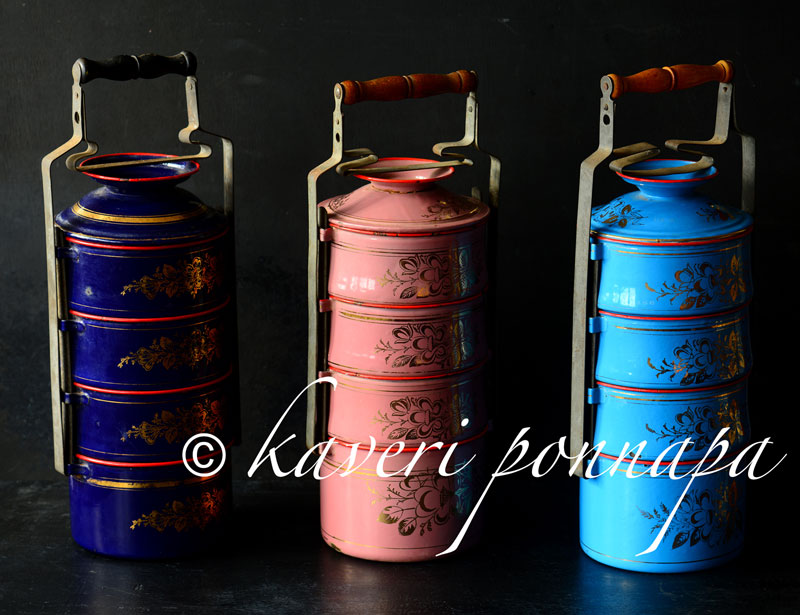
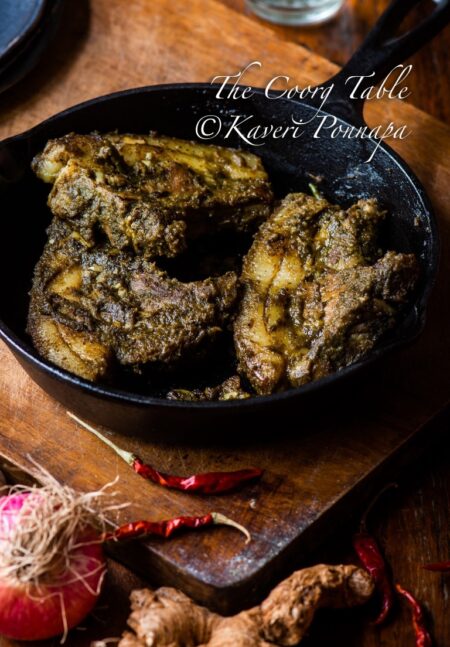
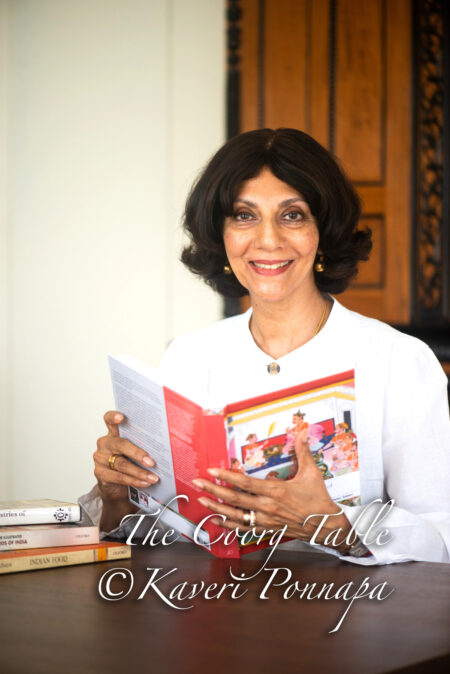
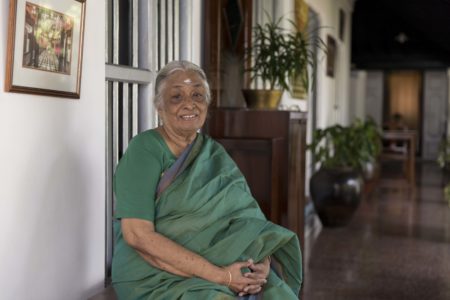
My niece is in Milan for her studies. Requesting your contact details so she can get in touch with you for veg Tiffin service for herself